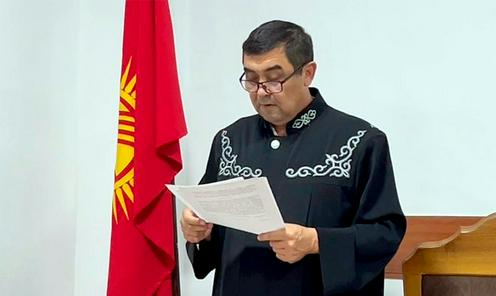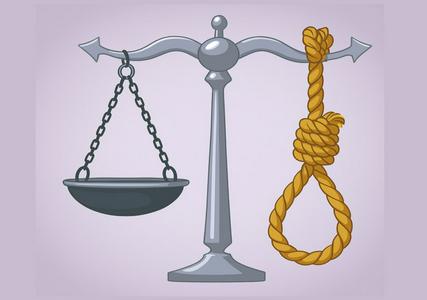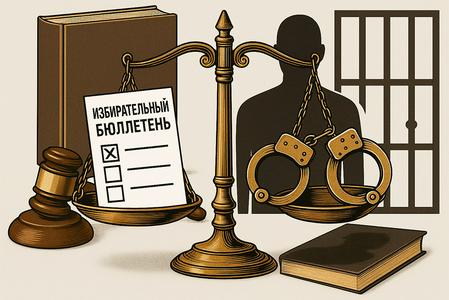The Oktyabr District Court of Bishkek, the capital of Kyrgyzstan, has ordered the closure of the “April TV” broadcasting company. The decision, which satisfied a claim by the district prosecutor’s office, was handed down by Judge Tolondu Samakov. The ruling also requires the deletion or blocking of all the outlet’s social media accounts.
Expert testimony was heard during the proceedings. Linguist Taalaybek Abdykozhoev stated he found no calls for unrest, violence, or hatred in the channel’s content. While some coverage included negative evaluations of events, he said, this did not constitute a legal violation. Political scientist Arslanbek Omurzakov similarly found no signs of extremism but argued that sarcasm and irony «influence mass consciousness and undermine trust in the authorities."
Psychologist Veronika Terekhova testified that some viewers may interpret satirical content as factual. “Consistent exposure to such content can devalue the actions of leaders and sow doubt among people about the correctness of their political choices,” she told the court.
Kyrgyzstan’s Ministry of Culture reported that it had never issued warnings or received complaints about April TV from the prosecutor’s office. Nevertheless, the ministry supported the prosecution’s claim.
April TV’s attorney, Akmat Alagushev, stressed that prosecutors failed to cite any specific legal provisions allegedly violated by the journalists.
Despite the defense’s arguments, the court ruled to shut down the media outlet.
In June, the channel’s leadership warned viewers and readers that the editorial team was going on leave and might not return due to the anticipated court decision.
The lawsuit to liquidate April TV was filed in April 2025 by the Oktyabr district prosecutor’s office, citing “destructive activity” in the outlet’s work. The complaint alleged that April TV’s content carried linguistically negative tones toward the government. It accused the journalists of using sarcasm, ridicule, critical video collages, expressive speech, and facial expressions to foster public distrust in the authorities. Editor-in-chief Dmitry Lozhnikov previously stated the outlet would comply with any court ruling but emphasized that criticizing the government is not a crime — it is a core function of journalism.










